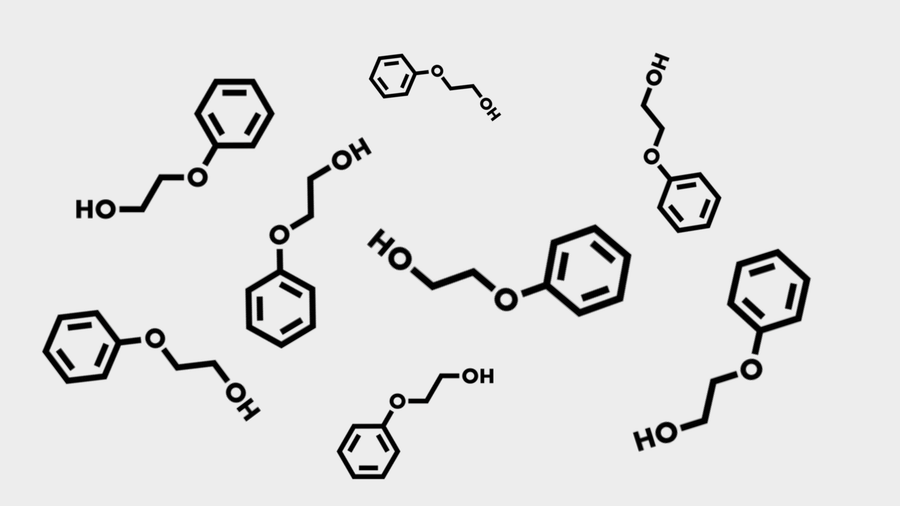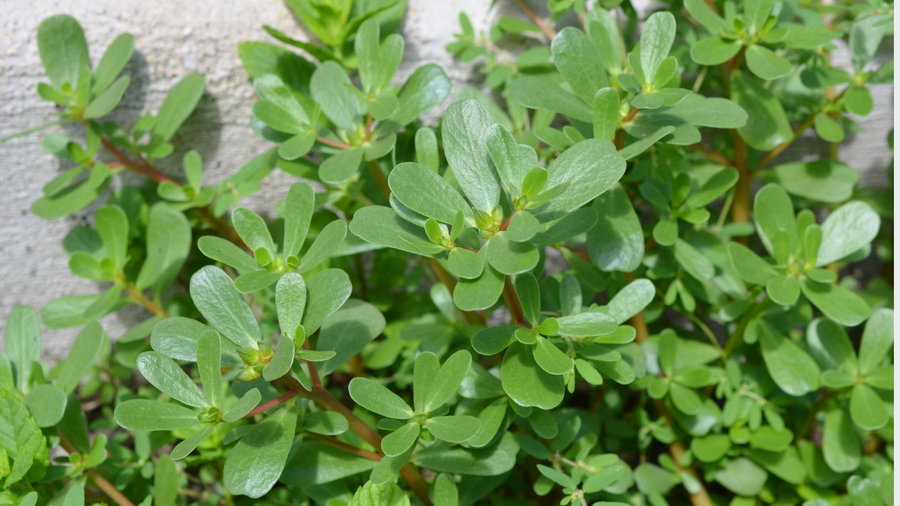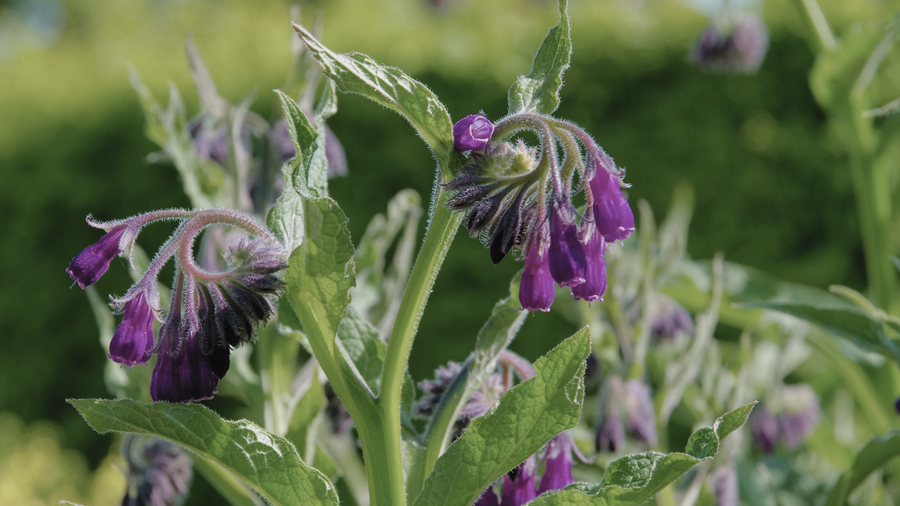If you’ve ever been excited to try a new skincare product, but then spotted the word “alcohol” on the ingredient list, you might’ve felt a moment of panic. Isn’t alcohol bad for your skin?
Not always.
The truth is, not all alcohols are created equal, and not all of them are harmful. In fact, some alcohols are gentle, moisturizing, and even helpful for sensitive skin. The key is knowing which ones to avoid and which ones to embrace.
Let’s break down the types of alcohol in skincare and how they affect your skin barrier, especially if you’re dealing with sensitivity, dryness, or irritation.
What Does 'Alcohol' Mean in Skincare?
“Alcohol” isn’t a single ingredient, it’s a chemical group. That means many different compounds fall under the “alcohol” umbrella in cosmetics. These alcohols can serve different purposes: some help a product dry quickly, others improve texture, and some act as moisturizers or preservatives.
What matters is the type of alcohol, and the context in which it’s used.
The Two Main Types of Alcohol in Skincare
1. Simple (Drying) Alcohols
These are the types most people are concerned about, and for good reason.
Common names:
- Alcohol Denat.
- Ethanol
- SD Alcohol 40
-
Isopropyl Alcohol
These alcohols are used to:
- Help products dry quickly
- Remove oil
-
Act as antimicrobial agents
The problem?
In higher concentrations, these alcohols can:
- Strip your skin’s natural oils
- Disrupt your moisture barrier
- Trigger inflammation and irritation
-
Exacerbate redness or breakouts
They’re especially problematic for sensitive, dry, or acne-prone skin. At GRAES, we avoid them entirely.
2. Fatty (Moisturizing) Alcohols
Despite the name, fatty alcohols are not drying. They're actually rich, emollient, and barrier-friendly.
Common names:
- Cetearyl Alcohol
- Cetyl Alcohol
- Stearyl Alcohol
- Behenyl Alcohol
-
Myristyl Alcohol
These are:
- Derived from coconut, palm, or other plant oils
- Used to stabilize emulsions and create a creamy texture
- Help soften and moisturize the skin
-
Non-irritating, even for sensitive or reactive skin types
In short, these are the “good guys.” You’ll find fatty alcohols in most high-quality moisturizers—including Night C.A.P..
Is Alcohol in Skincare Bad?
It depends, which is why it’s so confusing.
The idea that “alcohol is bad” comes from the effects of simple alcohols like denatured alcohol or ethanol. These can dry out your skin, compromise your barrier, and cause redness, flaking, or stinging.
But fatty alcohols are a completely different story. They’re gentle, hydrating, and help improve the performance of moisturizers and creams.
The key is to read the ingredient label. If you see “alcohol denat.” high on the list (especially in toners or serums) that’s a red flag. If you see “cetearyl alcohol” or “cetyl alcohol” in your moisturizer? That’s a good sign.
What to Avoid vs. What to Embrace
❌ Alcohols to Avoid (Especially for Sensitive Skin)
- Alcohol Denat.
- SD Alcohol 40
- Ethanol
- Isopropyl Alcohol
-
Methanol
These can be drying, irritating, and disruptive to your skin’s natural defenses.
✅ Alcohols That Are Totally Fine (and Often Beneficial)
- Cetearyl Alcohol
- Cetyl Alcohol
- Stearyl Alcohol
- Behenyl Alcohol
-
Myristyl Alcohol
These help moisturize, thicken, and stabilize formulas—and support a healthy skin barrier.
What About Other Types of Alcohol?
You might come across some additional alcohols like:
- Benzyl Alcohol – often used as a preservative or fragrance component. It’s generally safe in small amounts, but can be sensitizing for some.
- Phenethyl Alcohol – naturally fragrant, sometimes used in clean formulations as a fragrance alternative.
-
Alcohol in botanical extracts – Some ingredients may use alcohol as a solvent during extraction (like herbal tinctures), but this is usually present in trace amounts.
Bottom line: not all unfamiliar names are harmful, but if you’re ever unsure, do a quick ingredient check or reach out to the brand.
TL;DR
Not all alcohols are bad. In fact, some are incredibly helpful for your skin.
- Drying alcohols (like denatured alcohol) = skip them
- Fatty alcohols (like cetearyl and cetyl) = moisturizing and barrier-supportive
- Always check the label, especially if you have sensitive or reactive skin
-
Choose brands that are upfront about their formulas
And if you want to skip the guessing game altogether? Shop with brands that are open about formulating for sensitive skin and avoiding drying alcohols.
Try a Better-Formulated Moisturizer
Night C.A.P. is our 8-in-1 night cream made for sensitive skin and formulated without any harsh or drying alcohols. Just barrier-loving ingredients that work together to help your skin heal, hydrate, and glow while you sleep.








